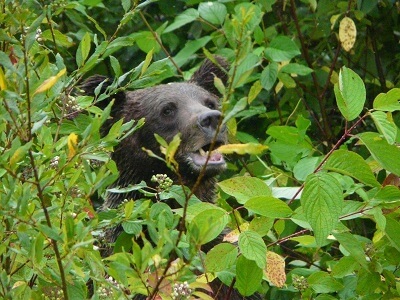- Joined
- Nov 30, 2017
- Messages
- 1,167
- Reaction score
- 3,500
Now that I have read all these fears, makes me want to rethink my tripping plans. Just kidding...
In no particular order I am afraid of:
As a solo woman, it has always seemed to me that men would be about the most dangerous thing out there for me. Not so much in real wilderness, but on those rivers where guys, usually in motor boats, can get together and drink beer and do stupid things.
Long, cold lake crossings. Wind and waves.
Polar bears and grizzly bears.
Hypothermia
Getting lost.
I deal with most of these fears by being incredibly OCD about safety.
In no particular order I am afraid of:
As a solo woman, it has always seemed to me that men would be about the most dangerous thing out there for me. Not so much in real wilderness, but on those rivers where guys, usually in motor boats, can get together and drink beer and do stupid things.
Long, cold lake crossings. Wind and waves.
Polar bears and grizzly bears.
Hypothermia
Getting lost.
I deal with most of these fears by being incredibly OCD about safety.



